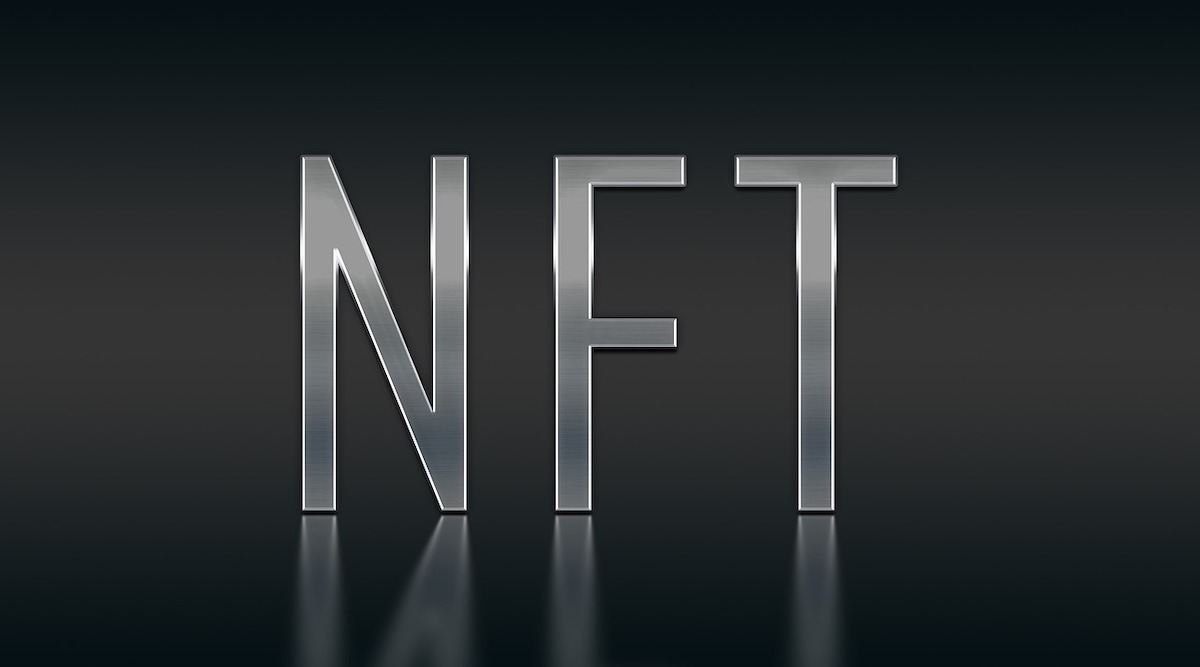By Vijay Pravin Maharajan
While the history of Non-Fungible Tokens (NFTs) can be traced to as early as 2014, they have become one of the most critical use cases of blockchain technology since the concept first exploded in 2020. NFTs, like other artifa cts, are immutable, scarce, and transferable, but more so are digitally stored items whose ownership can be verified using blockchain technology.
Presently, NFTs are gaining momentum in the gaming and entertainment sector. From celebrities endorsing the tokens to gamers earning NFT rewards through play-to-earn games, NFTs have become a phenomenon ever since digital artist Beeple sold his artwork, “Everydays – The First 5000 Days,” for $69 million at Christie’s in March 2021.
However, the yet-to-be-mainstream invention does not fall far from the tree when it comes to security and privacy concerns commonly associated with the current crypto ecosystem. Words like forgery, identity theft, inflated price levels, and wash trading are thrown every day even by the most common advocates of the cryptocurrency industry.
The problem digs even deeper. Centralized NFT marketplaces become more prone to cyber security and identity fraud since the platforms collect the private keys of anyone who wants to buy, own, or sell NFTs. Unless a marketplace deploys tamper-proof solutions, hackers can find vulnerabilities in smart contracts to steal NFTs from users.
ALSO READ | Crypto Winter: What should investors do?
In addition, given the translucent nature of blockchain technology, it is easy to find all transactions connected to a user’s wallet if they reveal their association with even a single NFT. Wash trading is a commonly known phenomenon in the NFT ecosystem, where a single trader buys and sells the same digital items several times in order to artificially inflate their value.
The ecosystem, as seen today, is riddled with privacy and security concerns that can be seen as a massive setback for its adoption. On the other hand, being dismissive of the potential of NFTs might not be the right answer. Like blockchain technology has revolutionized the world economy, Non-Fungible Tokens have the ability to solve real-world problems like ownership, authentication, and certification.
For instance, NFTs can be used in the healthcare industry to protect medical records from tampering. In the entertainment industry, movies and concerts can sell tickets in the form of NFTs. Meanwhile, in the real estate sector, using NFTs and blockchain allow for an efficient way to check ownership history.
Questions and concerns regarding NFTs, while valid, are not without solutions. Several companies and data analytics firms are working to provide tools and solutions to safeguard the industry from illicit activities and manipulation. Top marketplace OpenSea recently introduced measures to improve NFT authentication, updating its account verification and collection badging system and offering an automated system that claims to identify, remove, and prevent instances of “copymints.”
Necessity drives innovation. Technology, at various stages, has come with its own set of challenges that were identified and eradicated to allow for widespread adoption and advancement. NFTs and blockchain technology may require key developments, but it is imperative to note that their advantages far outweigh the solvable concerns they raise.
(The author is the Founder & CEO of bitsCrunch. Views expressed above are those of the author and not necessarily of financialexpress.com)
(Cryptos and NFTs are unregulated in India. They are considered extremely risky for investment. Please consult your financial advisor before making any investment decision)
Get live Share Market updates and latest India News and business news on Financial Express. Download Financial Express App for latest business news.


